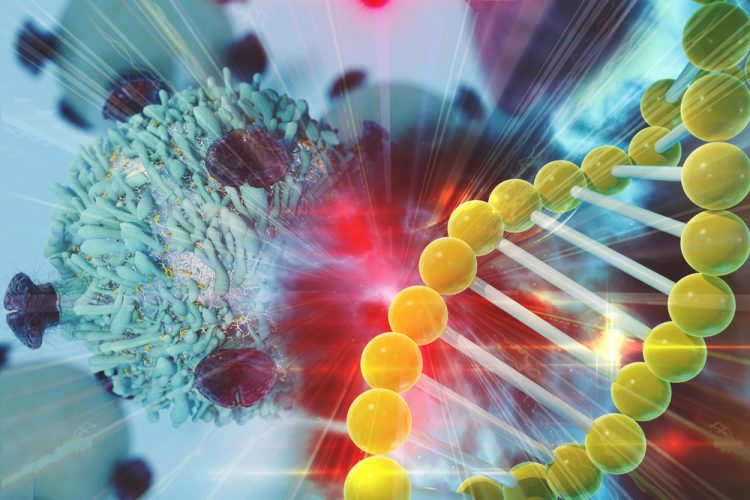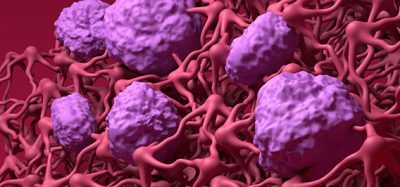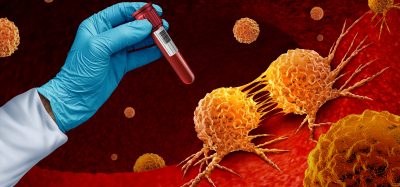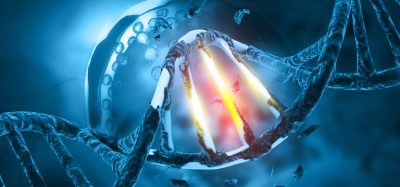Improving cancer treatment by exploiting mtDNA mutations
Posted: 30 January 2024 | Drug Target Review | No comments yet
For the first time, mitochondrial DNA mutations could be used with immunotherapy to increase the chances of successful treatments.


Researchers from the Cancer Research UK Scotland Institute and Memorial Sloan Kettering Cancer Center have discovered that creating mutations in the DNA of mitochondria determines how well cancer will respond to immunotherapy.
Half of all cancers have mitochondrial DNA (mtDNA) mutations. This finding demonstrates for the first time that in the future, combining treatments that mimic the effect of these mutations with immunotherapy could increase the chances of successful treatment for many types of cancer.
mtDNA
The researchers observed that tumours with high levels of mtDNA mutations are up to two and a half times more likely to respond to treatment with nivolumab, an immunotherapy drug. Nivolumab is a monoclonal antibody that binds to PD-1 on the surface of T cells, to keep cancer cells from suppressing the immune system. Presently, it is used to treat numerous different cancers, including melanoma, liver cancer, lung cancer and bowel cancer. The researchers believe that they could routinely test for mtDNA mutations in the future, meaning that doctors could determine the patients who would benefit most from immunotherapy before beginning treatment.
They also think that mimicking the effects of the mtDNA mutations could make treatment-resistant cancers sensitive to immunotherapy so many more cancer patients could benefit from this treatment.
Co-author of the study Dr Payam Gammage, Group Leader at the Cancer Research UK Scotland Institute and the University of Glasgow, explained: “Thanks to this research, we now have a powerful tool which gives us an entirely new approach to stopping cancer in its tracks.”
The technology behind the discovery is now the subject of patents filed by Cancer Research Horizons, Cancer Research UK’s innovation arm. It will aid bringing the technology to market to allow novel treatments to be developed. Cancer Research Horizons has brought 11 new cancer drugs to market, which have been used in over six million courses of cancer treatment worldwide to date.
The future of cancer treatment
Dr Ed Reznik, co-lead author and Assistant Attending Computational Oncologist at Memorial Sloan Kettering Cancer Center, said: “Mitochondrial DNA has been an enigma for decades. Every cell has thousands of copies and until now it’s been very challenging to engineer mutations consistently to study how mtDNA mutations affect cancer.”
“For the first time, we can see exactly what mitochondrial DNA mutations do when we create them in the lab. But what took us by surprise is how much the cells around the tumour are affected – which we can exploit to make the tumour vulnerable to treatment.” He added: “This research opens up an entire world where we can rewire the energy sources of tumours – and potentially short-circuit them to beat cancer sooner.”
Dr Ian Foulkes, Executive Director of Research and Innovation at Cancer Research UK and CEO of Cancer Research Horizons, concluded: “Now we need clinical trials to see which combinations work best in patients. Through our innovation engine Cancer Research Horizons, we’re planning to accelerate this discovery into the clinic and ensure as many patients as possible can benefit.”
This study was published in Nature Cancer.
Related topics
Cancer research, DNA, Immunotherapy, Mitochondria, Oncology
Related conditions
Cancer
Related organisations
Cancer Research UK Scotland Institute, Memorial Sloan Kettering Cancer Center (MSK)








